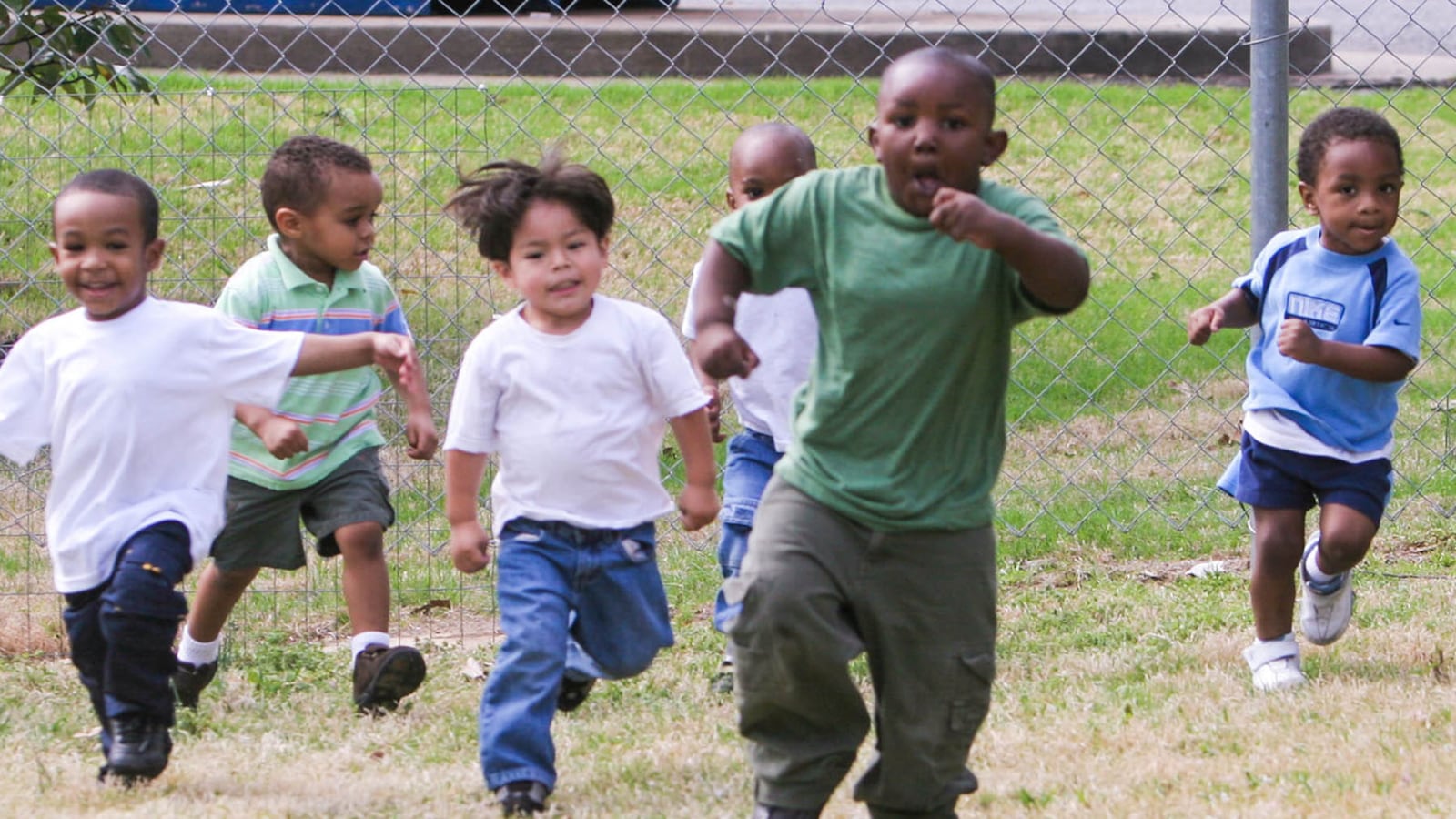Tennessee’s elation at winning a $70 million federal grant to expand pre-K offerings in Memphis and Nashville is now being tempered by the realization that the four-year grant will run out all too soon.
The funds used to pay for dozens of new pre-K classrooms began flowing into five school districts in 2015 and will end in May of 2019.
How to sustain the expansion in Greater Memphis was on the minds of school leaders and pre-K advocates who gathered Wednesday for the second annual Shelby County Pre-K Summit.
Calling pre-K “one of the biggest economic investment opportunities we have,” Shelby County Schools Superintendent Dorsey Hopson said early childhood programs must be a priority.
“In order for us to create an educational system where our most fragile constituents can change their circumstances in life, we’ve gotta make sure that we’re giving them a better opportunity in our district and it starts with pre-K,” he told about 50 people at the summit.
Announced in 2014, the grant from the U.S. Department of Education was a huge win for Tennessee as Gov. Bill Haslam’s administration sought to grow and build a public pre-K program that began under a 2005 state law.
Shelby County Schools was among five needy districts chosen as recipients because of its commitment to developing and funding high-quality programming for their youngest children. The others were Metropolitan Nashville Public Schools, the state-run Achievement School District, and districts in the suburban Shelby County towns of Bartlett and Millington.
The money has added 50 pre-K classrooms in Shelby County and four pre-K centers in Nashville.
Nashville school officials already have begun to develop a strategy to sustain the investments after 2019. At the city’s early education summit last week, Director Shawn Joseph said the district is working to shift money to allow the expansions to continue.
Hopson asked the crowd Wednesday to advocate for ways to sustain expansions in Memphis too — work that he said is key to the success of both the district and the city.
“When you think about correlations between poverty and poor student outcome, our babies who are living in poverty situations through no fault of their own … need to have the early start that it takes so that they can enter kindergarten ready,” Hopson said.
Research shows that disadvantaged young children who participate in high-quality pre-K enter school are more ready to learn than their peers, while also contributing to their success in adulthood.
The quality of Tennessee’s pre-K programs has come under a microscope following the 2015 release of a five-year Vanderbilt University study showing that students who participated saw the effects dissipate by first grade — and even turn negative compared to students who didn’t participate in the program. The researchers suggested that quality might be the issue, and the state has been working ever since to up its game.
The federal grant has been significant in Memphis, which has a high concentration of low-income students and low-performing schools. It now pays for 13 percent of pre-K programs for about 6,500 children in Shelby County. Each classroom costs about $160,000 annually to operate. The county’s long-term goal is for every 4-year-old who needs pre-K to have access to a high-quality seat.

